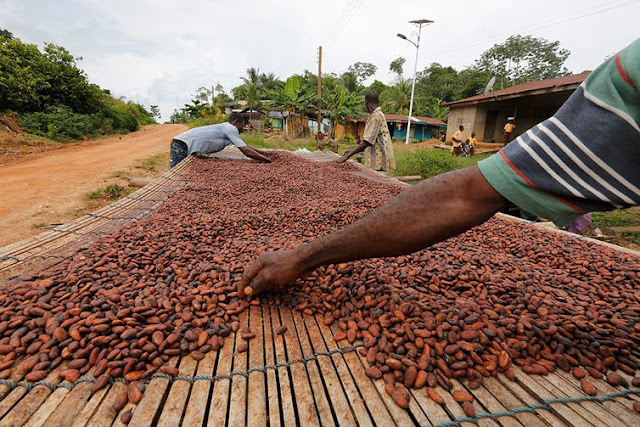Exactly just how NAFTA will make us fat if the U.S. has its method
Canada's health and wellness went under a trade-related microscopic lense just lately in 2 identical advancements.
Initially, Canada declined a U.S. proposition in the renegotiated NAFTA that would certainly prohibit "front-of-pack" labelling of foods unhealthily high in salt, fat or sugar.
It is an advantage it did. At the exact very same time, a brand-new examine discovered that Canadians loaded on a great deal of extra pounds after authorizing a free-trade handle the Unified Specifies in 1989.
Both advancements talk to the significance of federal governments safeguarding their capcapacity to control for public health and wellness functions when working out profession treaties.
Let's appearance at the brand-new examine initially.
Utilizing a durable "all-natural experiment" develop, scientists took a look at modifications in what's referred to as calorie accessibility in Canada after it authorized the 1989 Canada–U.S. Totally complimentary Profession Contract, an offer that was the model for NAFTA a couple of years later on, when Mexico signed up with.
"Calorie accessibility" is a determine utilized by the Unified Countries Food and Farming Company as a proxy for general food usage. In between 1989 and 2006, the examine discovered that Canadians' per head everyday calorie consumption increased by 170, comparable to a standard weight acquire of in between 1.8 and 12.2 kgs over those 7 years.
A lot of this enhance was the outcome of a rise in imports of American refined foods and U.S. financial investment in the refined food market in Canada, probably adding to the increasing in Canadian weight problems prices over the exact very same period.
No U.S. profession offer? No calorie rise!
Nations in the OECD (the Organisation for Financial Co-operation and Advancement) that didn't have free-trade handles the U.S. tape-taped a lot reduce enhances in calorie accessibility.

Various other research researches have discovered comparable undesirable food results when nations go into profession or financial investment handles the U.S. Instances consist of enhanced sweet soft-drink usage in Vietnam and a surge in high-fructose corn syrup sweeteners in Canada (including an additional 42 calories each day) complying with NAFTA's complete application in 1998.
Cara Simpel Bermain Slot Online 2020
Which brings us to today NAFTA renegotiation.
Among the methods public health and wellness authorities are trying to move behavior far from energy-dense and nutritionally bad foods is to utilize cautioning tags.
Chile, dealing with its very own weight problems epidemic, was the initially nation to legislate such cautions to take place the "front of the load" where customers could plainly see them, suggesting with an easy and easy-to-understand black quit indication when foods are unhealthily high in sugar, fats, salt or calories.


